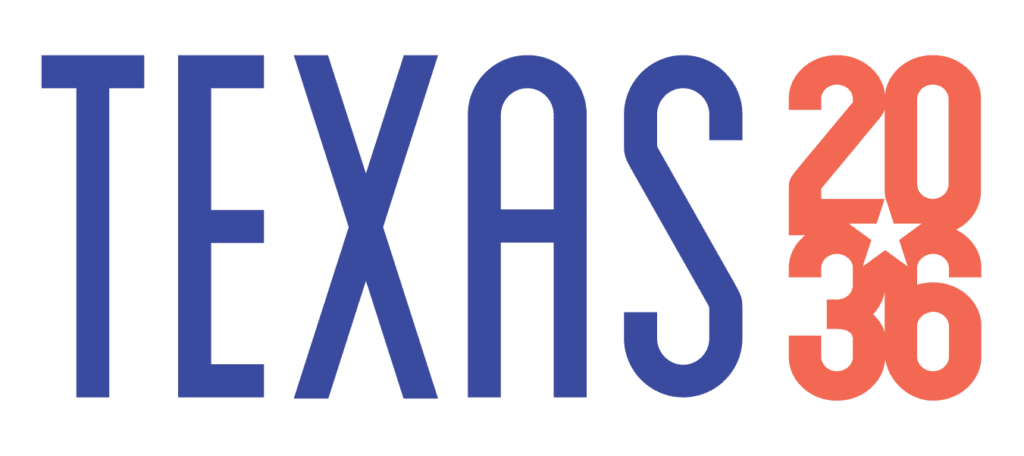Texas acts to boost veterans’ careers after attending workforce programs
The Texas Legislature is working to bridge the opportunity gap and ensure that veterans and other Texans participating in taxpayer-funded workforce development programs receive the training they need to thrive in meaningful, well-paying careers. House Bill 1703, currently under consideration at the state’s capitol, represents a significant step towards achieving this goal.
Data has revealed that veterans who participated in certain Texas workforce programs in 2019 actually experienced lower employment rates and wages compared to their employment and wages prior to program participation.
Recognizing the urgency to address the state’s need for skilled workers, HB 1703, authored by Rep. Claudia Ordaz, D-El Paso, and sponsored by Sen. César Blanco, D-El Paso, proposes vital changes to the state’s Workforce Development Evaluation System to better evaluate workforce program outcomes, including the outcomes for Texas veterans.
One of the key improvements proposed by the bill is the disaggregation of the system’s data. By separating workforce program outcomes by region, income, gender, race and ethnicity, in addition to military service status, policymakers will gain invaluable insights regarding which programs best connect these different populations with the skills they need to attain a job after completion. The bill also calls for enhanced reporting structures to assess wage outcomes in relation to a self-sufficient wage — a wage high enough to allow Texans to afford their basic needs without relying on state public assistance.
House Bill 1703 is a crucial step towards ensuring that Texas’ workforce development programs are even more effective in creating opportunities for Texans to secure meaningful, well-paying careers,” said Renzo Soto, policy advisor at Texas 2036. “Improving data collection and analysis will better support workforce program participants, including veterans, to attain higher-paying jobs and connect employers with a skilled workforce.”
Between 2017 and 2019, an average of nearly 1.3 million Texans exited a taxpayer-funded workforce development program each year. Alarmingly, veterans who participated in programs experienced an aggregated 13% decline in employment and a 3% loss in wages in 2019. These negative outcomes have been persistent since at least 2015.
Through the implementation of a more robust Workforce Development Evaluation System, the state could work towards ensuring more veterans and other program participants successfully obtain jobs with better wages so taxpayer dollars are fully optimized.
The bill awaits a hearing on Wednesday in front of the Senate Natural Resources and Economic Development Committee, chaired by Sen. Brian Birdwell, R-Granbury, following unanimous approval by the House International Relations and Economic Development Committee, chaired by Rep. Angie Chen Button, R-Richardson, and a House third reading vote of 109-36.
Our state’s legislators recognize that veterans deserve every opportunity our state has to offer, and HB 1703 represents a significant step towards empowering our veterans through improved workforce development programs,” said John Hryhorchuk, senior vice president of policy and advocacy at Texas 2036. “By enhancing data collection and analysis, we can identify and address the specific workforce needs of our veterans and other workforce program participants, providing them with the tools they need to secure well-paying and meaningful employment.”
Texas’ workforce development programs, overseen by the Texas Workforce Commission and the state’s 28 local workforce boards, play a pivotal role in equipping Texans with the skills they need to excel in the job market. These programs provide important opportunities for individuals in every part of the state to learn, upskill and reskill, effectively meeting the evolving needs of employers.
